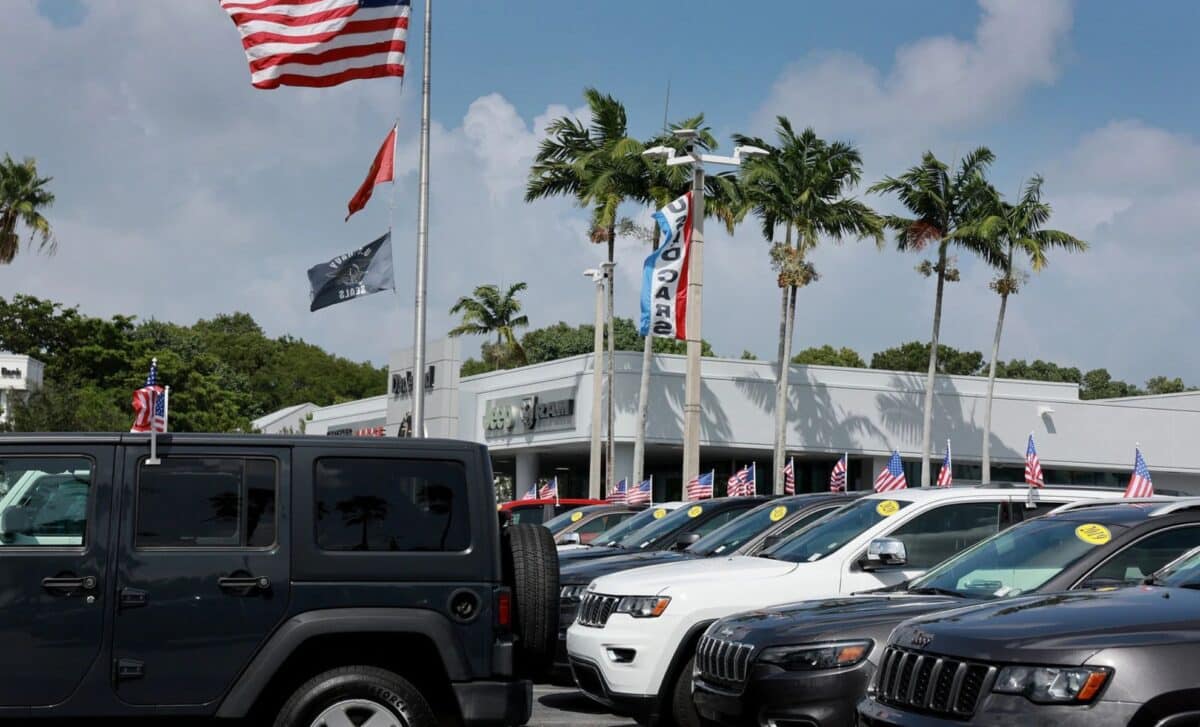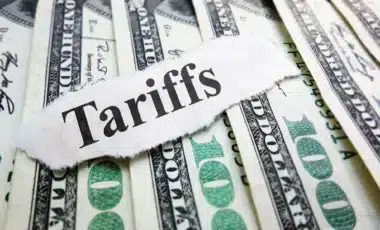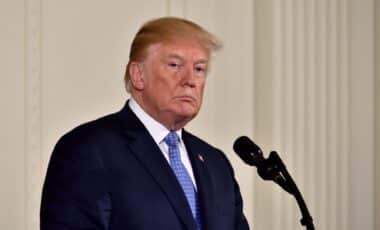President Donald Trump is set to ease the impact of tariffs on the US automotive industry, addressing concerns from major manufacturers.
According to sources, the administration is modifying tariff policies, particularly on foreign auto parts used in US-made vehicles, to help alleviate financial pressure on carmakers.
The adjustment aims to support the domestic automotive industry, which has faced growing concerns over rising costs.
Under the new measures, automakers will receive reimbursements for tariffs paid on imported car parts and will avoid additional duties, such as those on steel and aluminium.
Despite these adjustments, foreign-made vehicles will still be subject to the 25% tariffs introduced earlier this year.
Reducing the financial strain on US manufacturers
The new changes to Trump’s duty policy focus on helping carmakers already operating in the US. By modifying existing tariffs on foreign-made auto parts, the administration is providing immediate relief for US manufacturers that rely on global supply chains for vehicle production.
Commerce Secretary Howard Lutnick described the changes as a “major victory for the president’s trade policy,” which aims to reward domestic manufacturing efforts.
The modifications will allow automakers to receive reimbursement for tariffs already paid, specifically for auto parts used in US-made cars.
These reimbursements will amount to up to 3.75% of the value of a vehicle in the first year, gradually decreasing over time.
The move is seen as a compromise between encouraging domestic production and addressing industry concerns. Automakers such as General Motors (GM) and Ford have praised the decision, noting that it will help them invest further in the US economy while mitigating the cost pressures from tariffs.
Continuing concerns and industry pushback
Despite the adjustments, industry groups are still voicing concerns about the broader implications of the duties. The 25% import tax on foreign cars remains in effect, which many argue could raise vehicle prices for consumers and hinder overall sales.
The National Automobile Dealers Association had previously warned that such tariffs could disrupt global supply chains, leading to higher prices, reduced vehicle sales, and more expensive servicing.
The strategy to shift more production back to the US, although applauded by the administration, may take years to fully implement.
The complexity of the global auto supply chain means that manufacturers could face prolonged uncertainties while adjusting to these new tariff policies.









